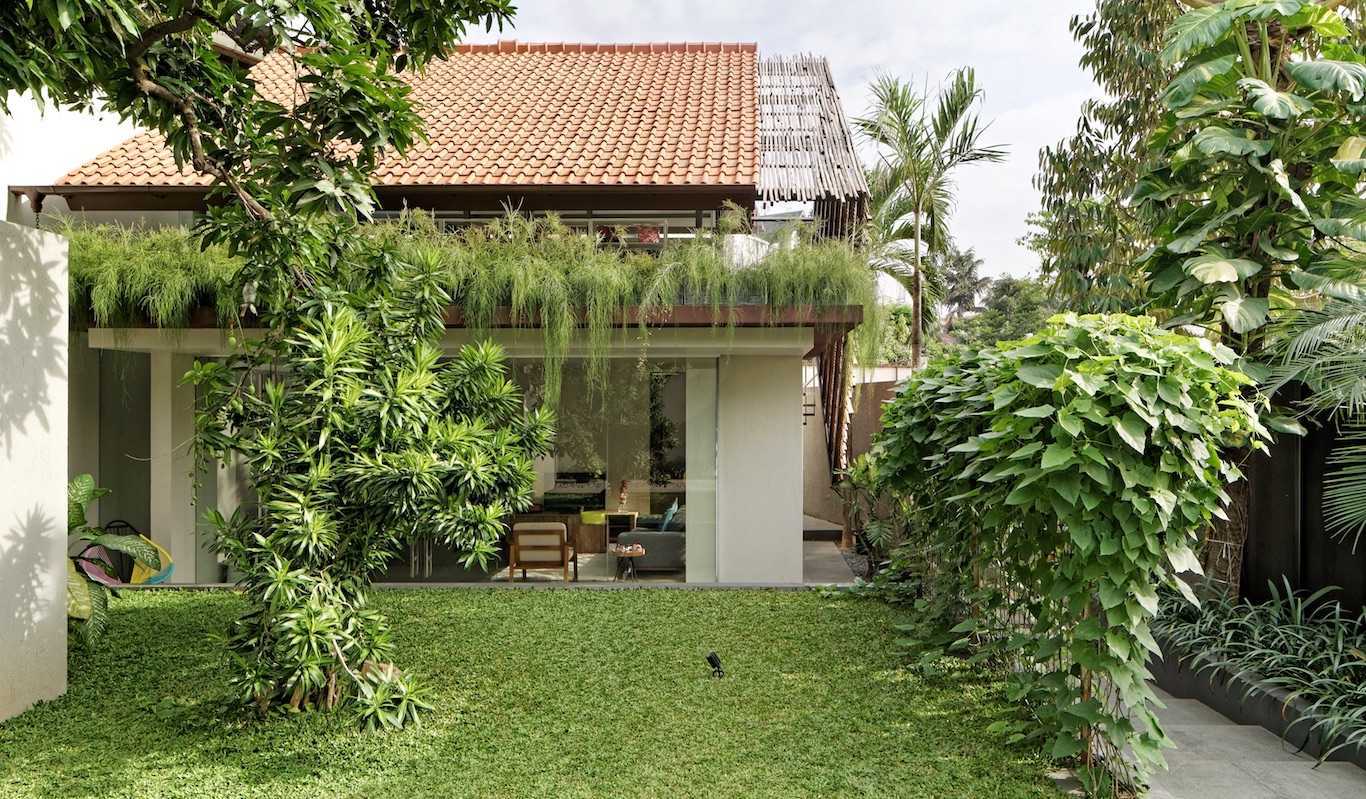Eco-Friendly Solutions for Ant Control: Sustainable Methods
Environmentally Conscious Ant Control: A Greener Approach Ant infestations can be a persistent nuisance, but…
![]()
Environmentally Conscious Ant Control: A Greener Approach
Ant infestations can be a persistent nuisance, but tackling them doesn’t require harmful chemicals. Sustainable ant control methods offer an eco-friendly approach, effectively addressing ant problems while minimizing the impact on the environment.
Understanding Sustainable Ant Control Methods
Sustainable ant control involves strategies that prioritize both pest elimination and environmental responsibility. These methods focus on long-term solutions that do not harm ecosystems, making them an ideal choice for homeowners seeking eco-friendly alternatives.
Natural Repellents: A Gentle Deterrence
One of the pillars of sustainable ant control is the use of natural repellents. Substances like cinnamon, vinegar, and citrus peels serve as effective deterrents, disrupting ant trails and discouraging them from entering your living spaces. This approach is both safe for the environment and gentle on your home.
Boric Acid: The Eco-Friendly Ant Eliminator
Boric acid stands out as an eco-friendly ant elimination method. While lethal to ants, it poses minimal risks to humans and pets. Applied strategically in powder form, boric acid disrupts ant colonies, providing a sustainable solution that doesn’t compromise your commitment to environmental responsibility.
Diatomaceous Earth: Nature’s Ant Barrier
Diatomaceous earth, a natural sedimentary rock, acts as a formidable barrier against ants. This fine powder, harmless to humans and pets, dehydrates ants upon contact, effectively halting their progress. This sustainable solution prevents ant invasions without introducing harmful chemicals into your home.
Sealing Entry Points: A Preventive Measure
Sustainable ant control isn’t just about eliminating existing infestations; it also involves preventing future ones. Thoroughly seal entry points such as cracks, gaps, and openings in walls and windows. This not only stops ant ingress but also contributes to energy efficiency in your home.
Biological Control with Beneficial Insects
Introducing beneficial insects that prey on ants is a natural and sustainable approach. Ant-eating predators like nematodes or certain beetle species can help maintain a balanced ecosystem in your garden, keeping ant populations in check without resorting to chemical interventions.
Smart Technology in Ant Control
Embrace modern, sustainable solutions with smart technology in ant control. Smart devices, using sensors and artificial intelligence, can detect ant activity and dispense eco-friendly deterrents precisely when needed. This targeted approach minimizes environmental impact while ensuring effective ant control.
Community-Based Initiatives for Ant Management
Community-based initiatives focus on collective efforts to manage ant populations sustainably. Sharing knowledge about eco-friendly ant control methods within neighborhoods promotes a broader, more sustainable impact, creating a sense of environmental responsibility among residents.
Educational Outreach for Sustainable Ant Control
Enhance the sustainability of ant control by promoting educational outreach. Informing others about eco-friendly methods and the importance of sustainable pest control practices contributes to a wider adoption of green alternatives, fostering a culture of environmental consciousness.
Sustainable Ant Control Methods: A Link to a Greener Future
For those committed to both pest-free homes and environmental stewardship, Sustainable Ant Control Methods offer a bridge to a greener future. Explore these eco-friendly strategies and take a step towards sustainable living while keeping your home ant-free.
Conclusion: Balancing Effectiveness and Environmental Responsibility
Sustainable ant control methods provide an effective means of managing ant infestations without compromising the health of the planet. By adopting these eco-friendly approaches, you contribute to a harmonious coexistence between your home and the environment, demonstrating that pest control can be both effective and sustainable.







